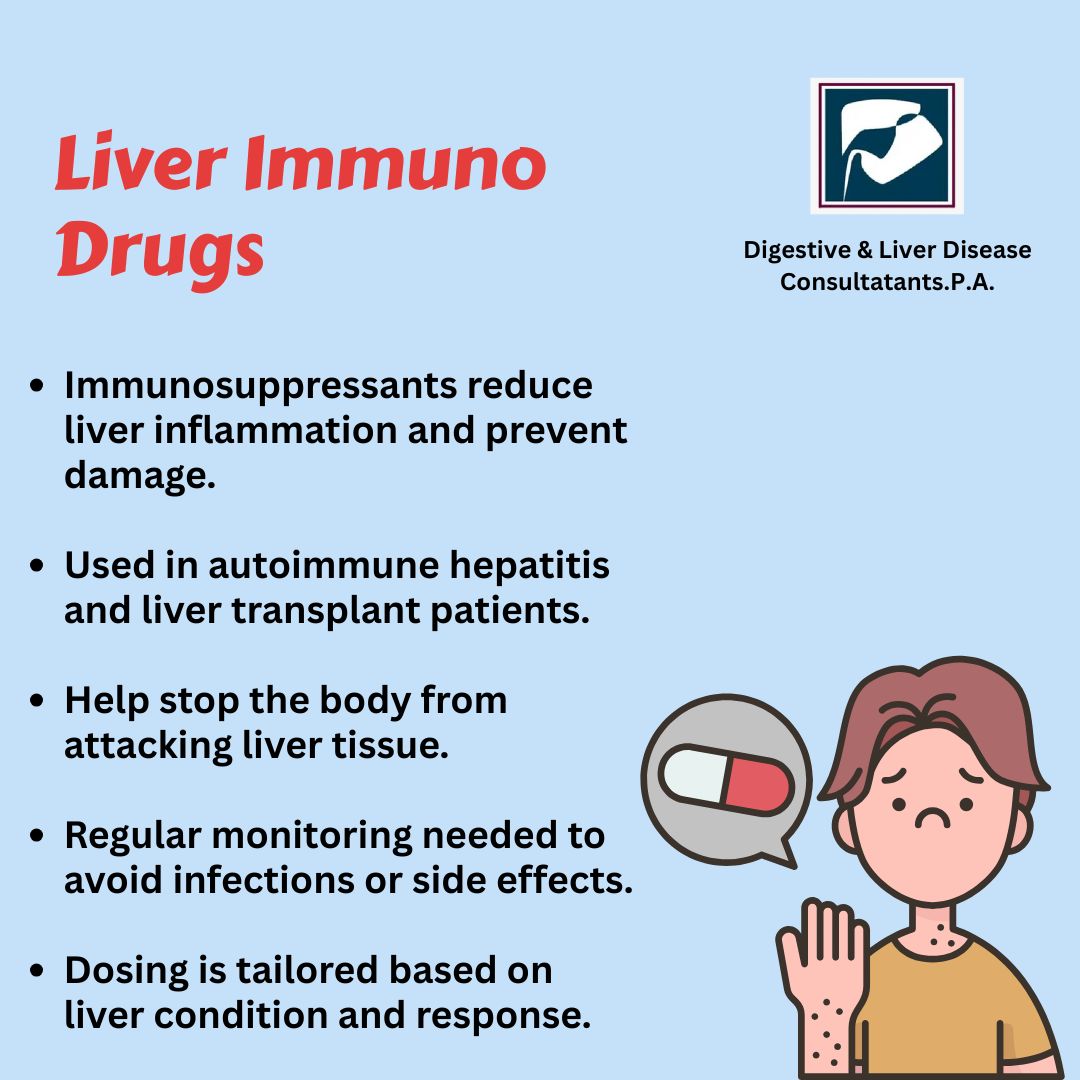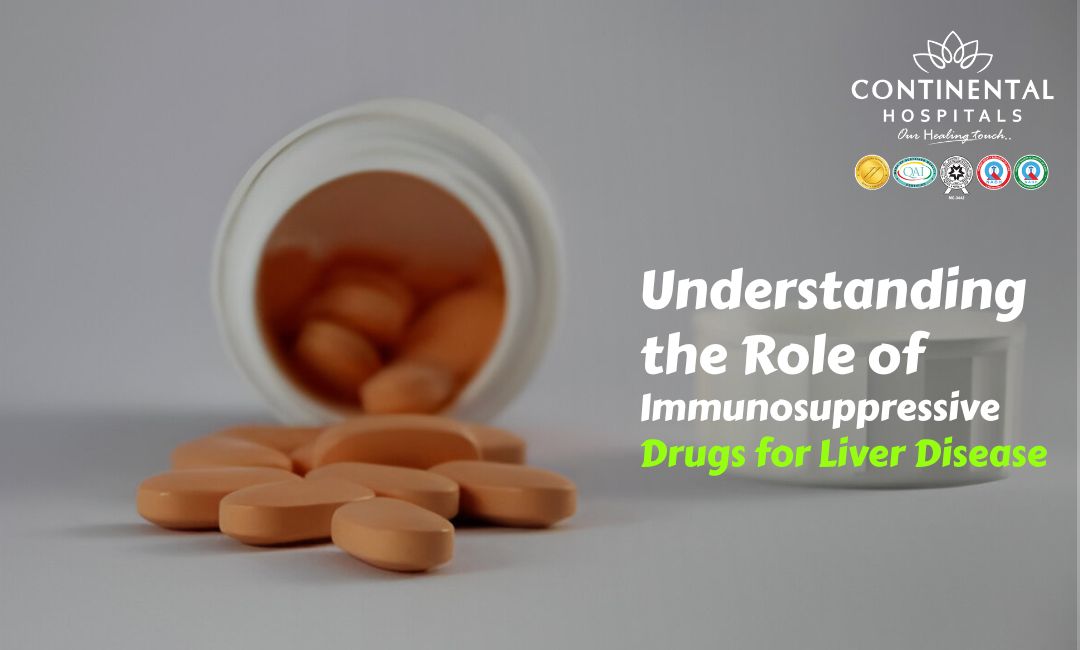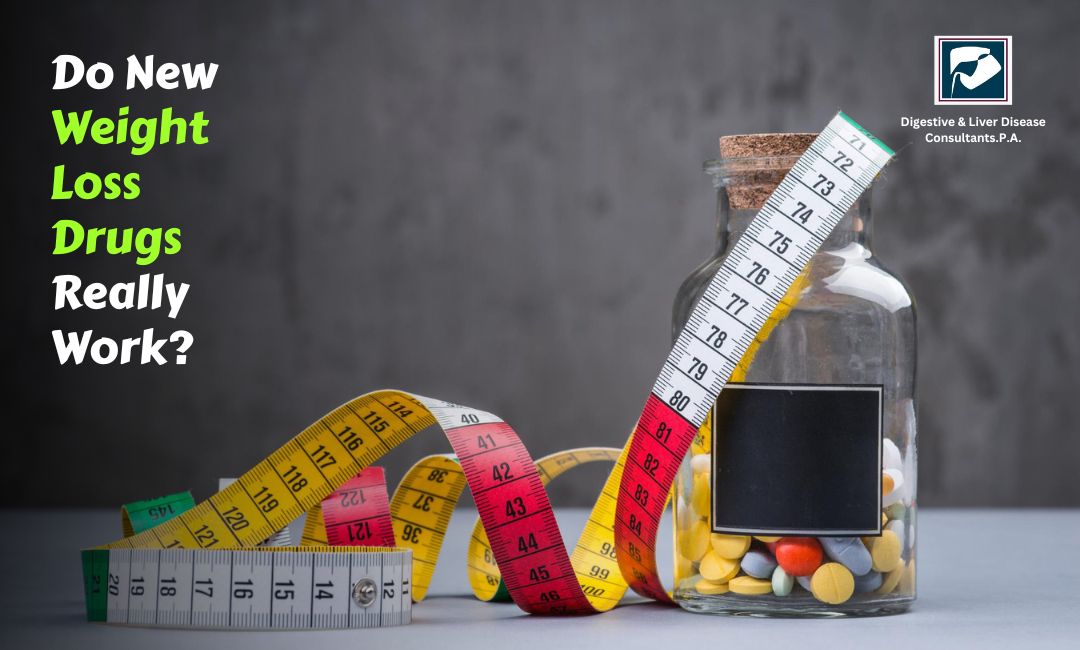When managing liver disease, especially in cases like liver transplantation or autoimmune hepatitis, immunosuppressive drugs play a crucial role. These medications help control the body's immune system to prevent it from attacking the liver, reducing inflammation, and ensuring long-term success in chronic liver disease treatment.
This blog provides a clear overview of how immunosuppressants for liver conditions work, the types commonly used, their benefits, side effects, and why careful medical supervision is essential.
What Are Immunosuppressive Drugs?
Immunosuppressive drugs are medications that lower the strength of the body’s immune response. While the immune system protects the body from infections, it can sometimes become overactive or misguided—especially in cases like autoimmune hepatitis, where the immune system attacks healthy liver tissue.
In liver transplant patients, these drugs are critical to prevent the immune system from rejecting the newly transplanted liver. This process is called liver rejection prevention, and without immunosuppressants, the immune system could damage or destroy the transplanted organ.

When Are Immunosuppressive Drugs Used in Liver Disease?
1. After a Liver Transplant
After a liver transplant, the immune system may recognize the new liver as foreign and try to attack it. Liver transplant medications, such as tacrolimus, are prescribed to suppress this immune response and support the survival of the transplanted liver.
2. In Autoimmune Hepatitis Treatment
Autoimmune hepatitis occurs when the immune system mistakenly targets liver cells. In such cases, immunosuppressants help stop the immune attack and reduce liver inflammation.
3. In Chronic Liver Disease Management
Some chronic liver diseases involve ongoing immune system activity. Immunotherapy helps control this inflammation and slow down disease progression.
Common Immunosuppressants for Liver Disease
Here are some commonly used immunosuppressants for liver disease and transplantation:
1. Tacrolimus
Widely used after liver transplants, tacrolimus works by blocking immune signals that lead to organ rejection. It is often combined with other medications to enhance effectiveness.
2. Prednisone
A corticosteroid that helps reduce inflammation in autoimmune hepatitis and early post-transplant stages. It’s usually used short-term due to side effects from long-term use.
3. Mycophenolate mofetil (MMF)
This drug is often used alongside tacrolimus to increase immune suppression and reduce rejection risk.
4. Azathioprine
Often used in autoimmune hepatitis treatment, this medication is useful in long-term disease management and maintaining remission.
5. Cyclosporine
Another immune-modulating drug sometimes used as an alternative to tacrolimus in transplant patients.
How Do Immunosuppressive Drugs Work?
These drugs target specific parts of the immune system, such as T-cells, that play a central role in organ rejection or inflammation. By weakening or altering the immune response, they help protect the liver from damage caused by the body’s own defenses.
In liver immunotherapy, the goal is to find the right balance between suppressing harmful immune activity and maintaining enough defense to fight infections.
Side Effects of Immunosuppressants
While these medications are essential, they come with potential side effects. Understanding and managing them is key to long-term success in chronic liver disease treatment and transplant care.
Common side effects include:
- Increased risk of infections
- High blood pressure
- Kidney problems (especially with tacrolimus)
- Elevated blood sugar levels
- Weight gain
- Mood swings (with steroids like prednisone)
- Gastrointestinal issues
- Bone thinning or osteoporosis
Doctors regularly monitor patients on immunosuppressants to catch and manage these issues early. It’s also important to take the medications exactly as prescribed to avoid complications.
Monitoring and Adjustments
Immunosuppressive therapy is not one-size-fits-all. Every patient has different needs, and the dose or combination of medications may be adjusted over time based on blood tests, symptoms, and liver function.
For example, tacrolimus liver transplant dosing needs regular monitoring to avoid toxicity or underdosing. Similarly, long-term autoimmune hepatitis treatment requires close follow-up to prevent liver flare-ups or medication-related side effects.
Importance of Lifestyle and Regular Follow-Ups
Along with taking medication, patients need to follow a healthy lifestyle. This includes avoiding alcohol, eating a balanced diet, staying physically active, and protecting against infections.
Regular follow-ups with a hepatologist or liver specialist are crucial for evaluating liver function, adjusting medications, and managing side effects.
About Digestive & Liver Disease Consultants, P.A.
At Digestive & Liver Disease Consultants, P.A., we provide expert care for patients dealing with liver conditions. Whether you need autoimmune hepatitis treatment, post-transplant care, or management of chronic liver disease, our team uses the latest protocols and personalized treatment plans to help you live a healthier life.
We specialize in advanced diagnostics, liver immunotherapy, and long-term disease monitoring, offering patients high-quality care backed by years of experience.
Conclusion
Immunosuppressive drugs for liver disease are life-saving and essential tools in managing liver transplants and autoimmune conditions. While they come with risks, with proper supervision, they offer a path to long-term liver health and improved quality of life.
If you suffer from chronic liver disease, autoimmune hepatitis, or need post-transplant support, consult our expert hepatologists at Digestive & Liver Disease Consultants, P.A. today. We're here to guide you on your path to better liver health.






